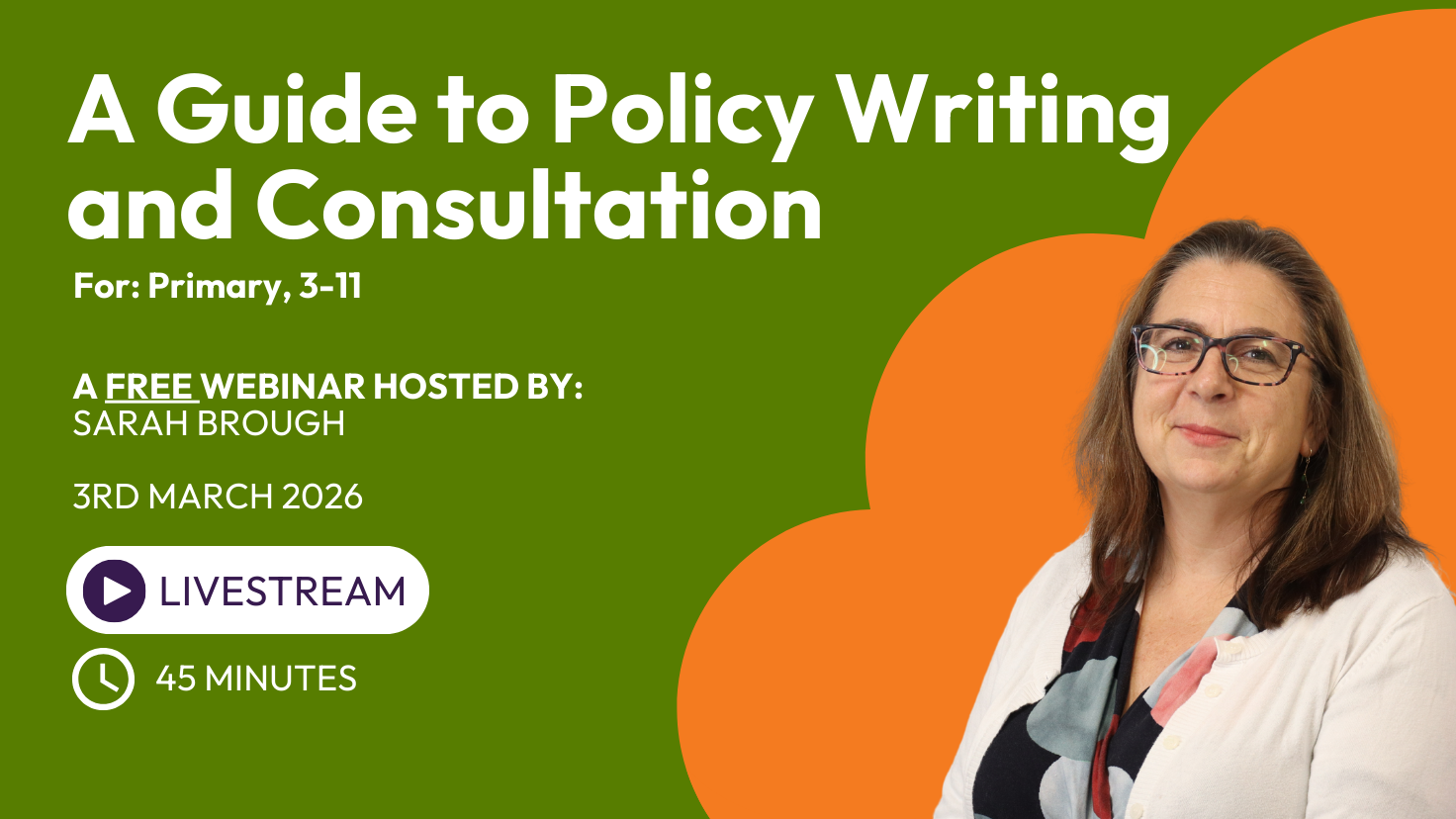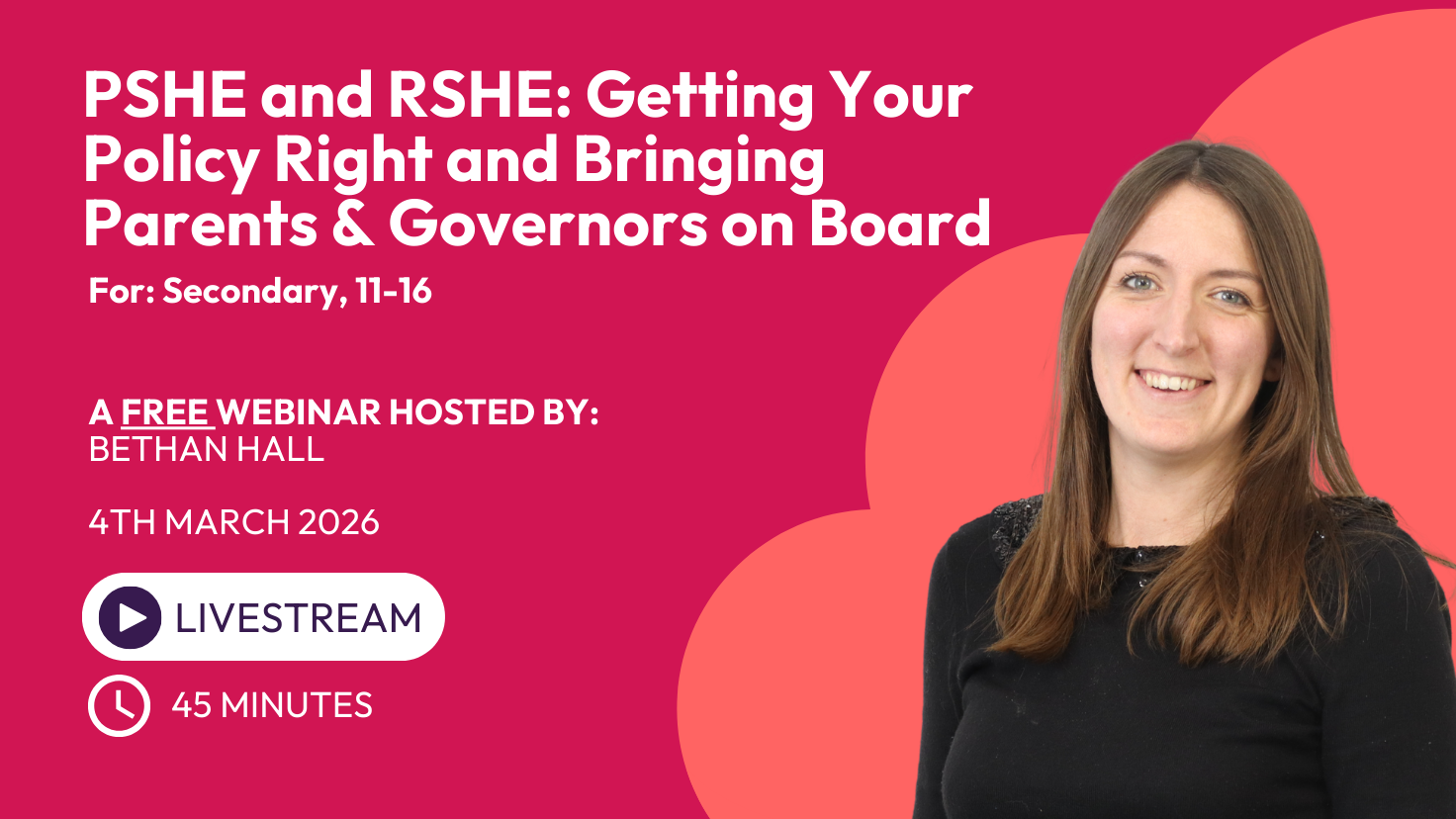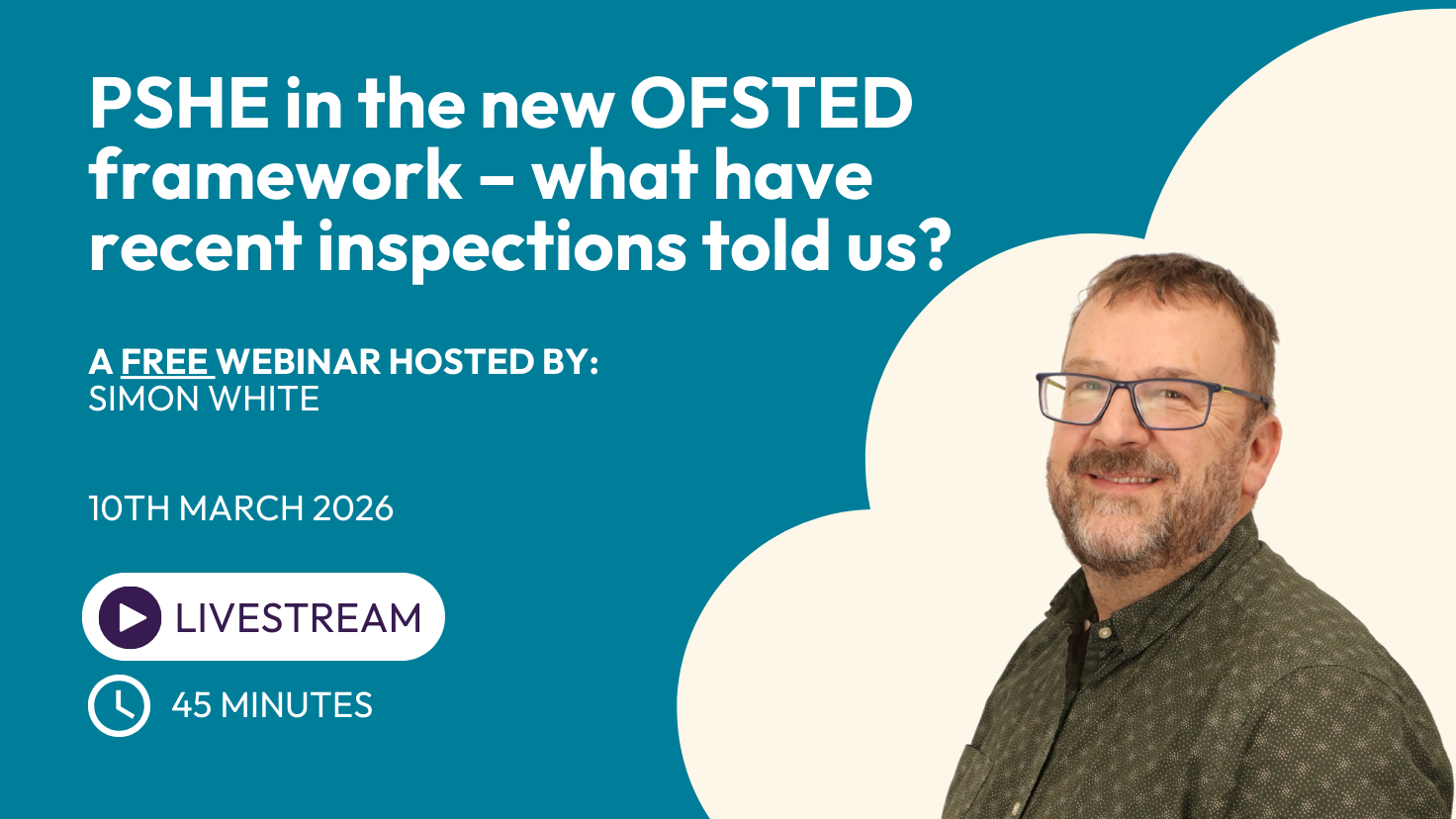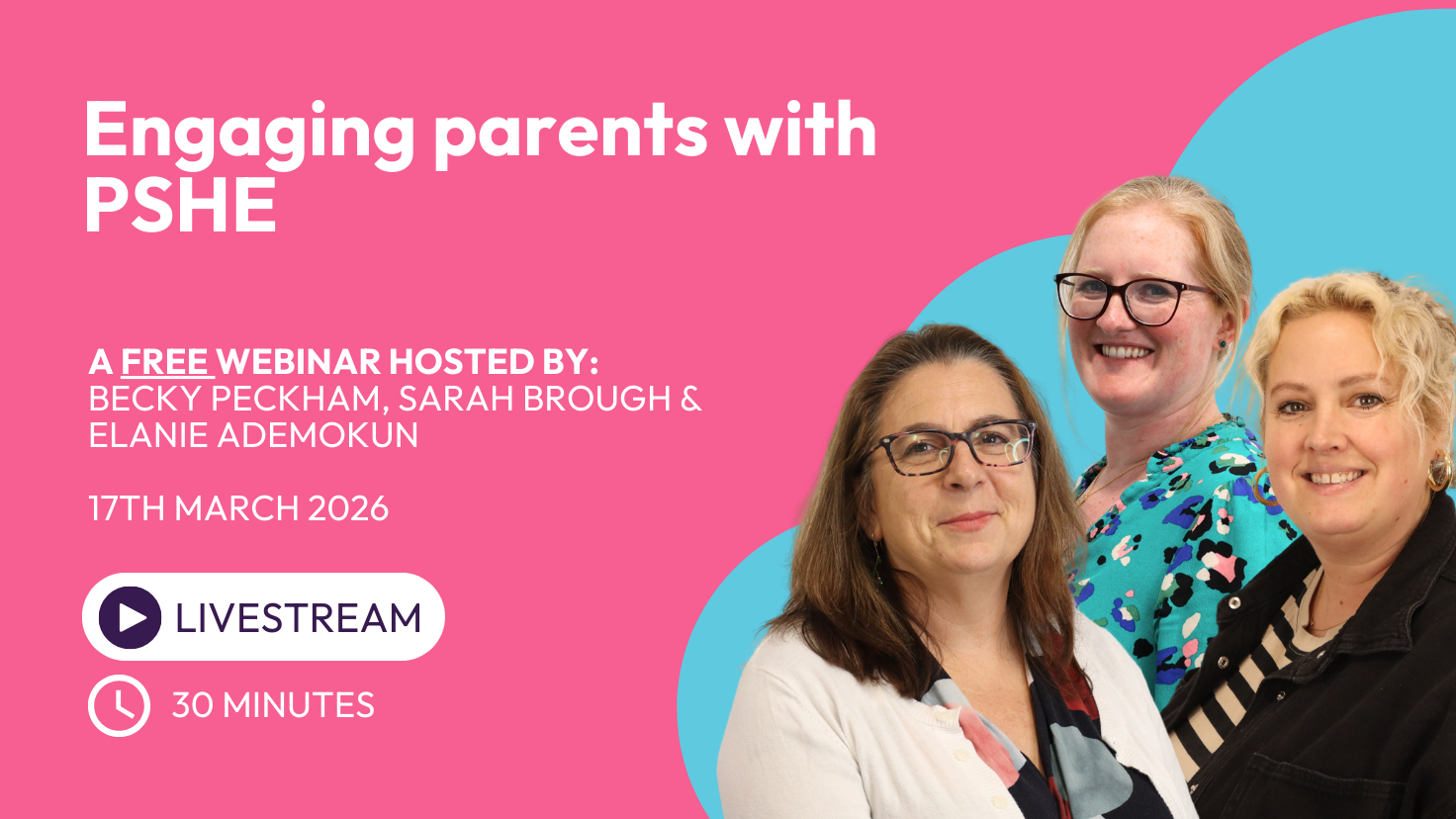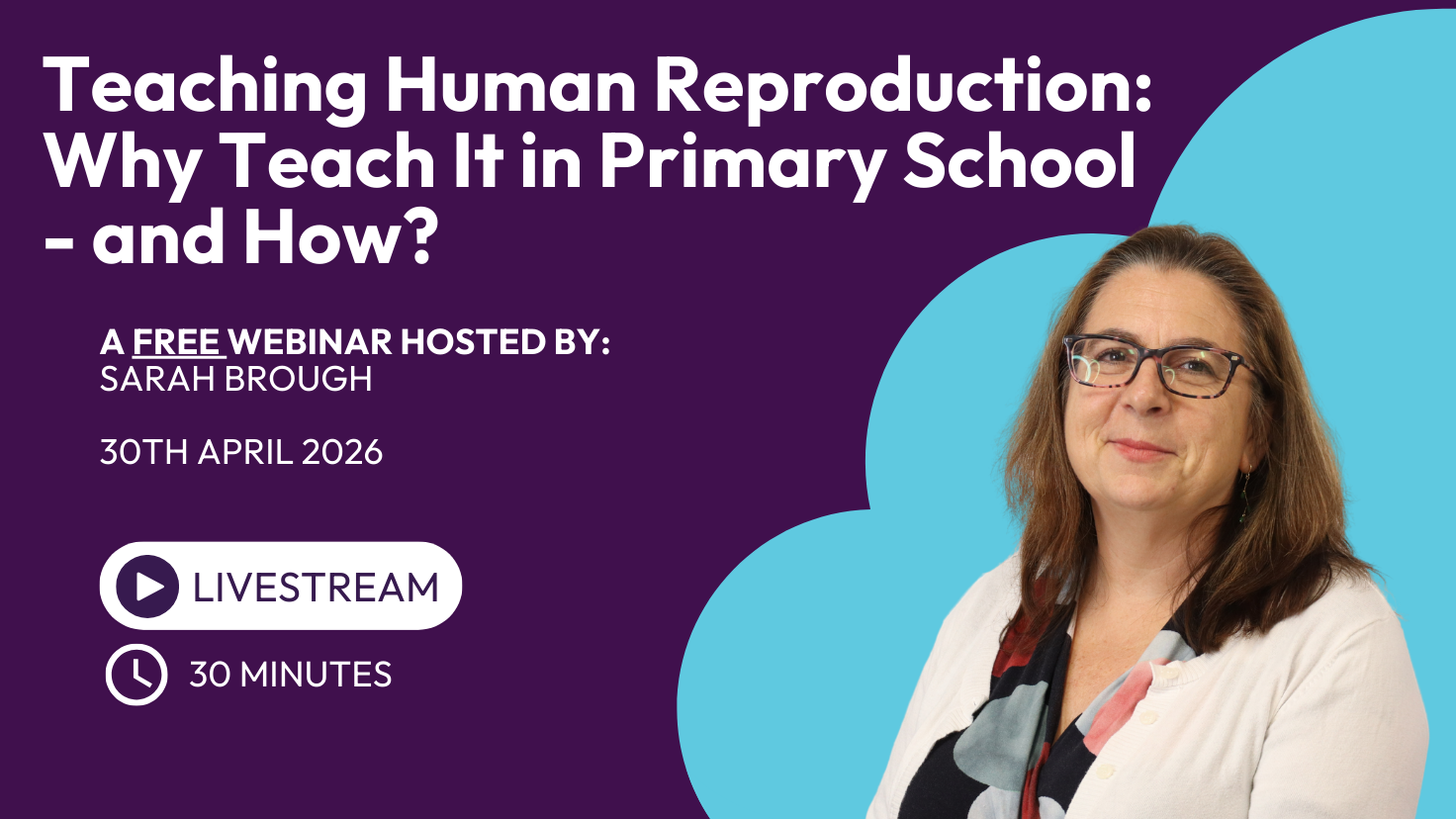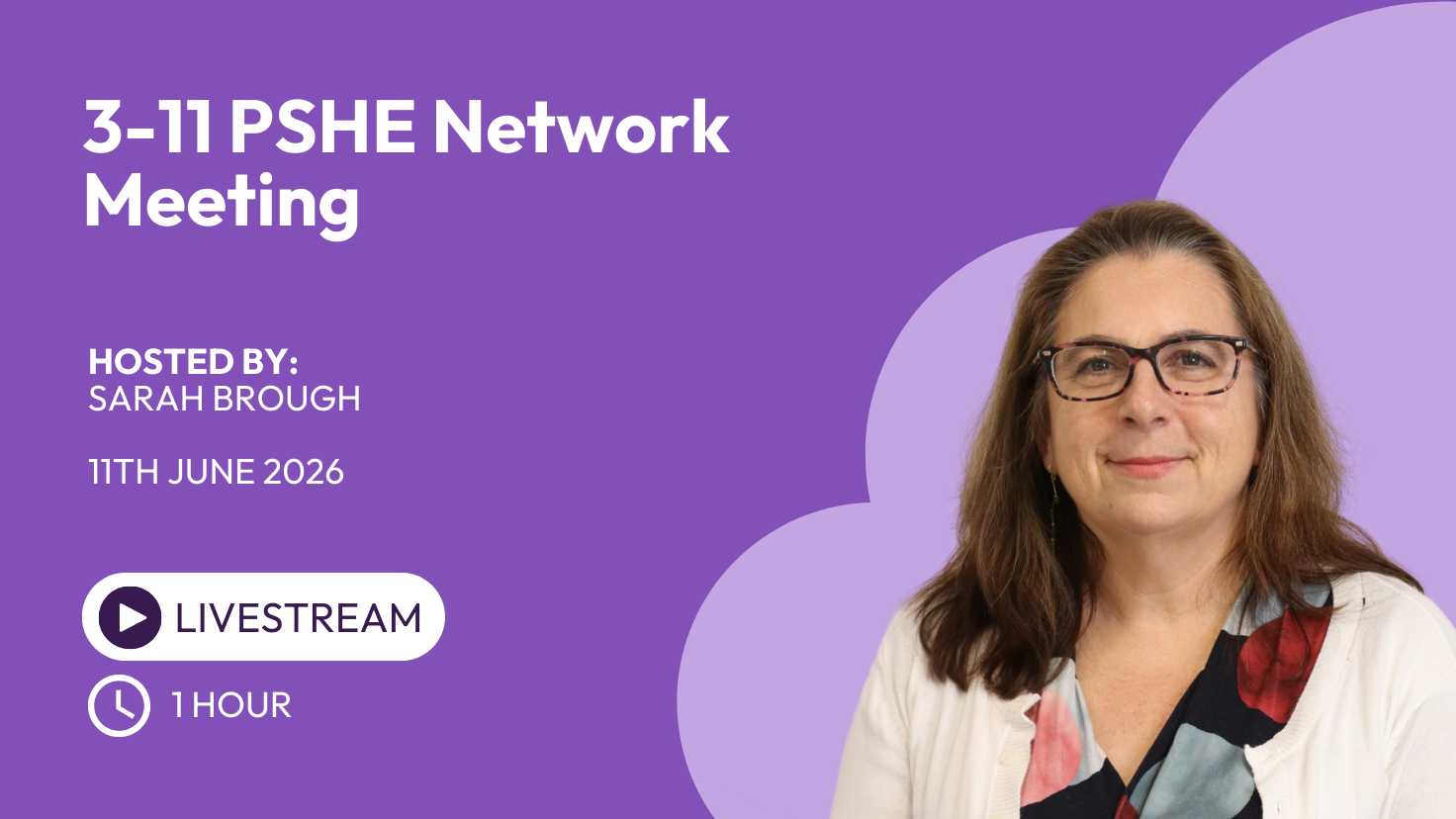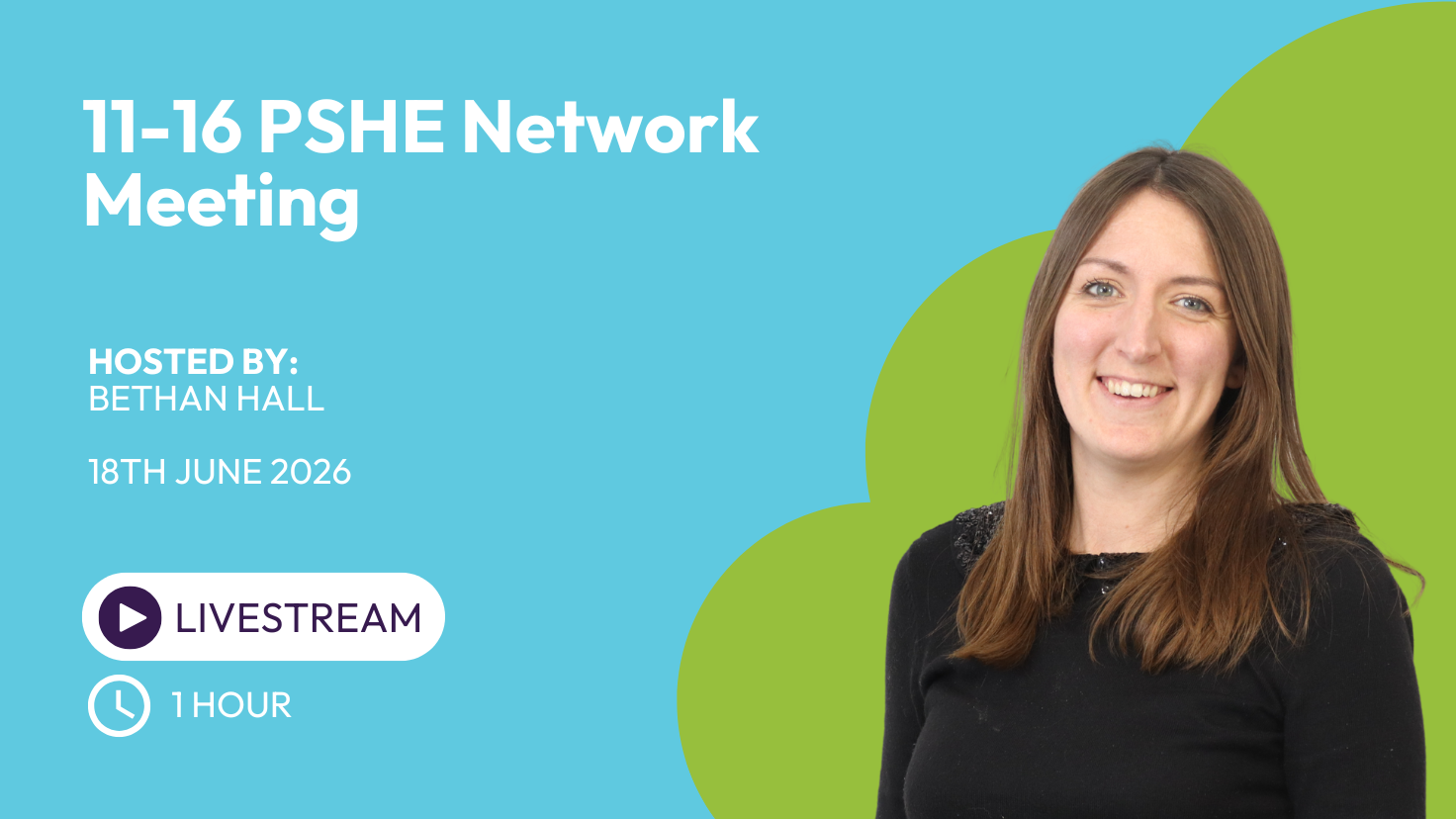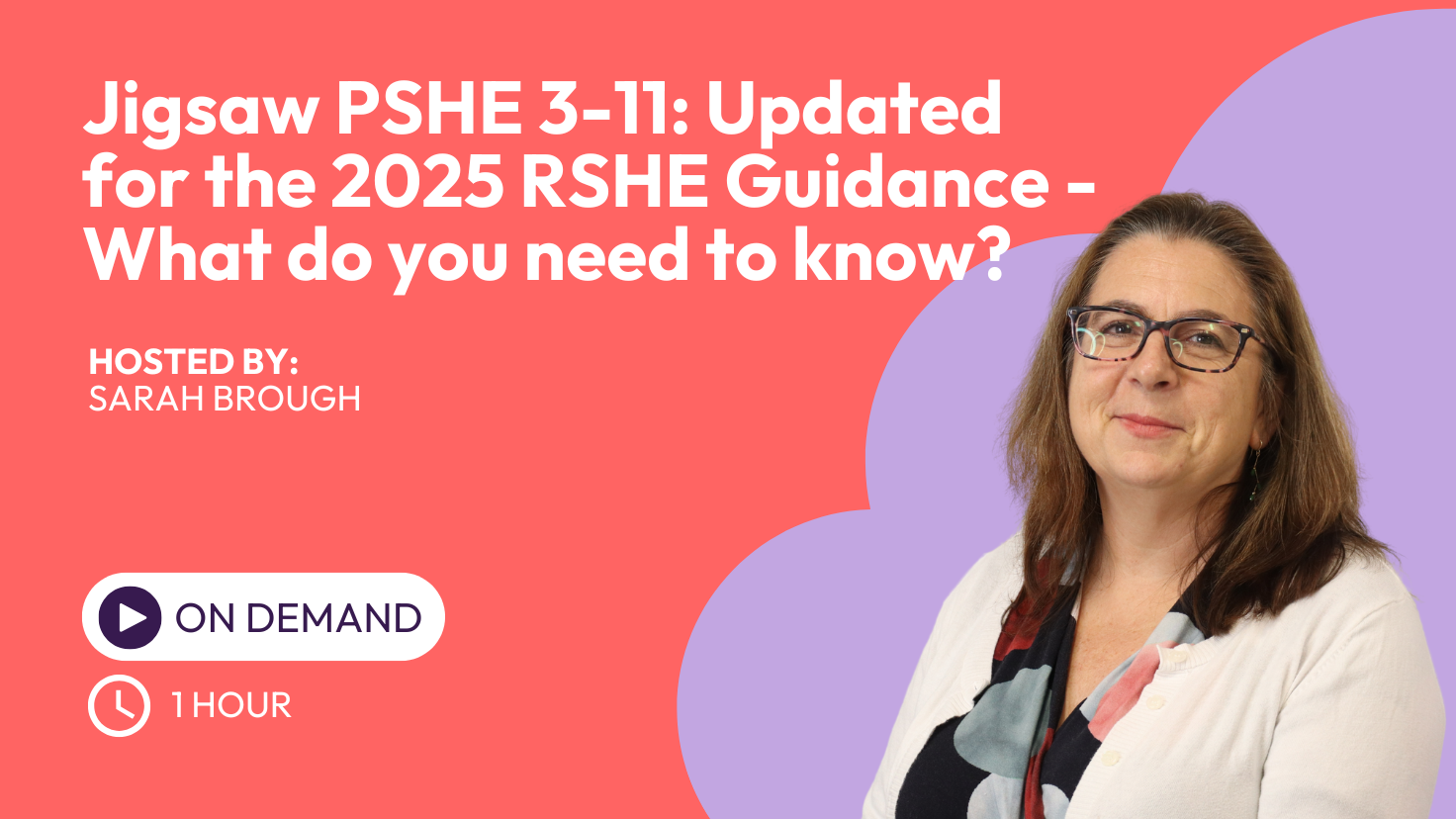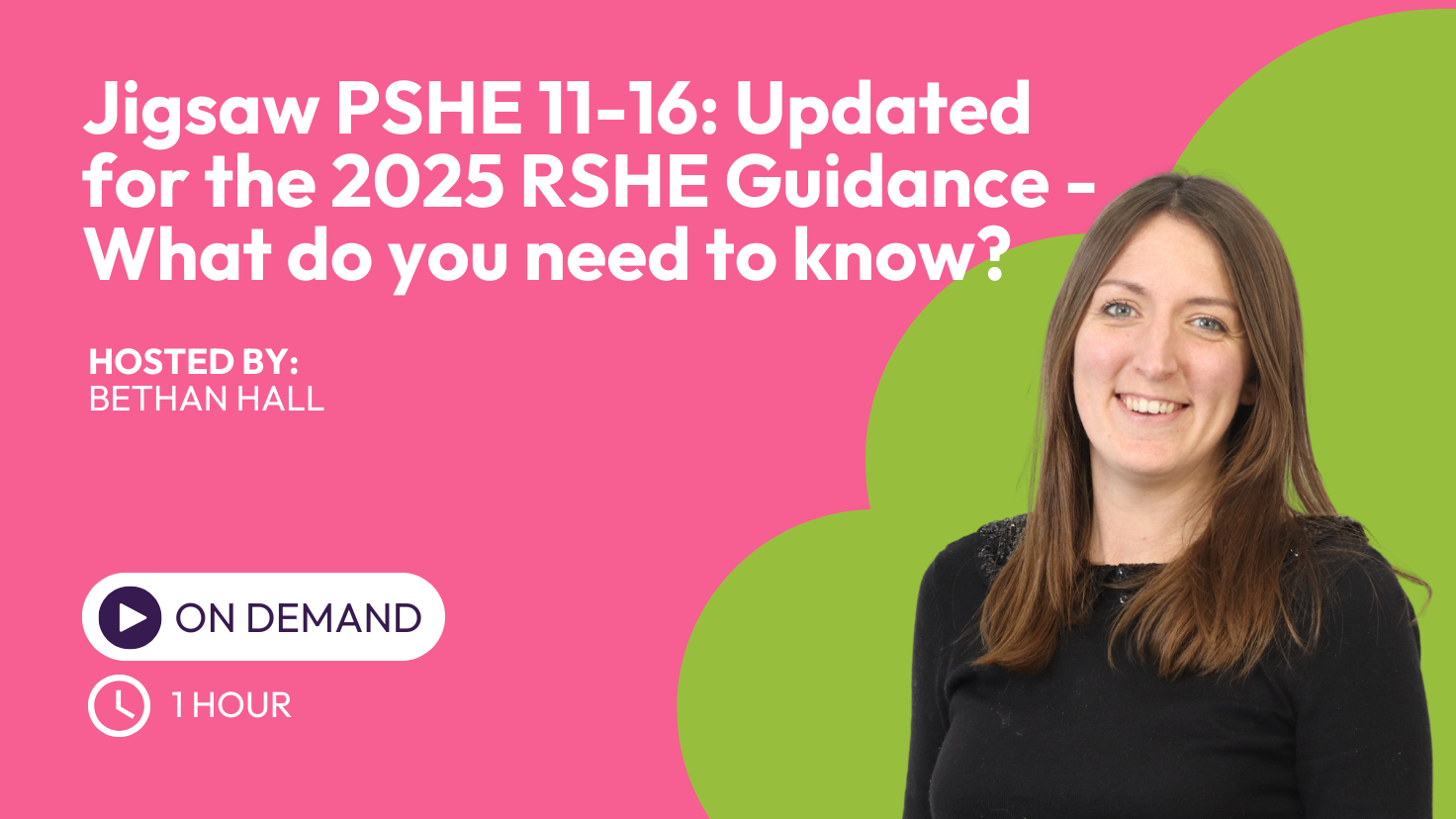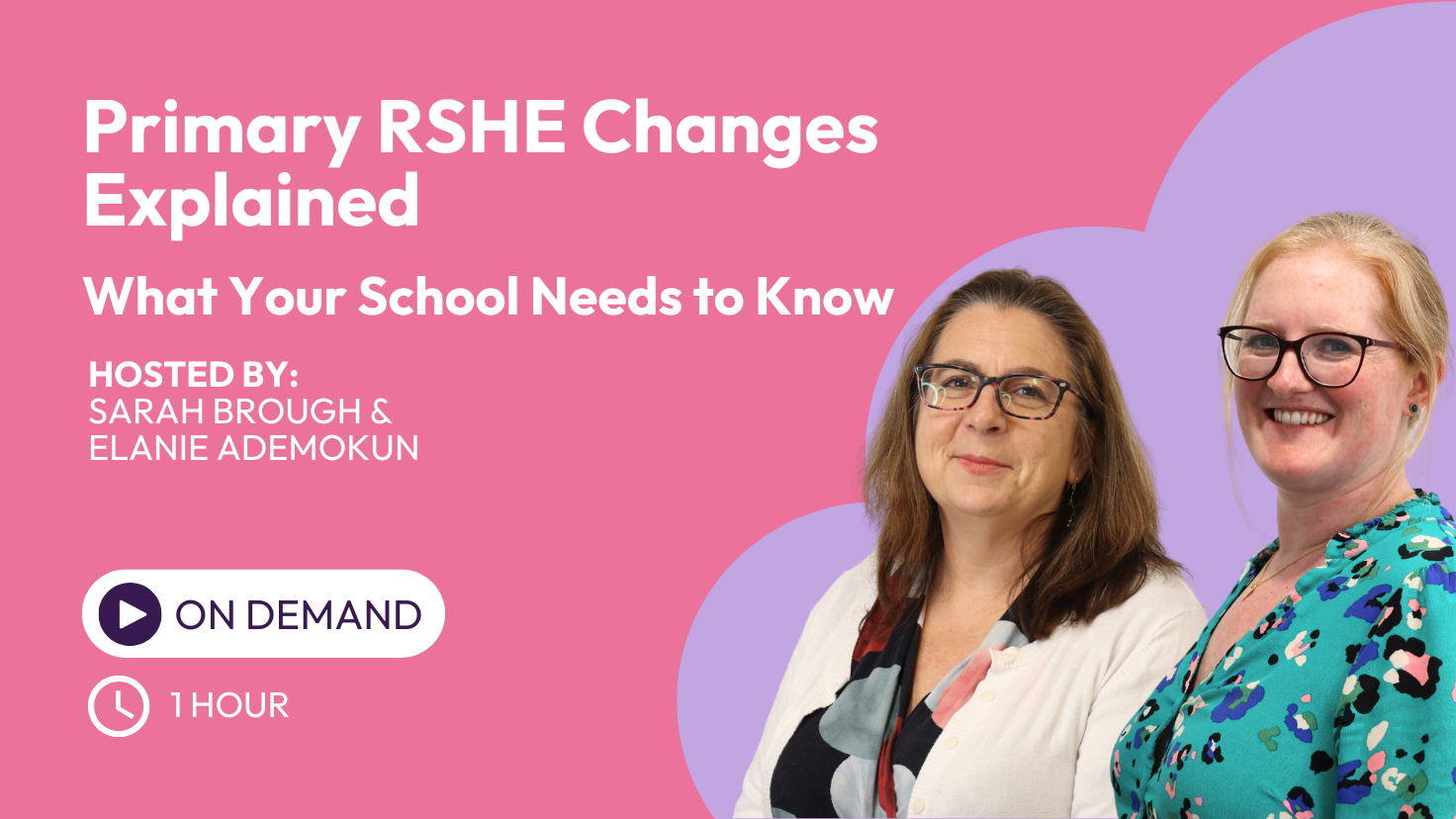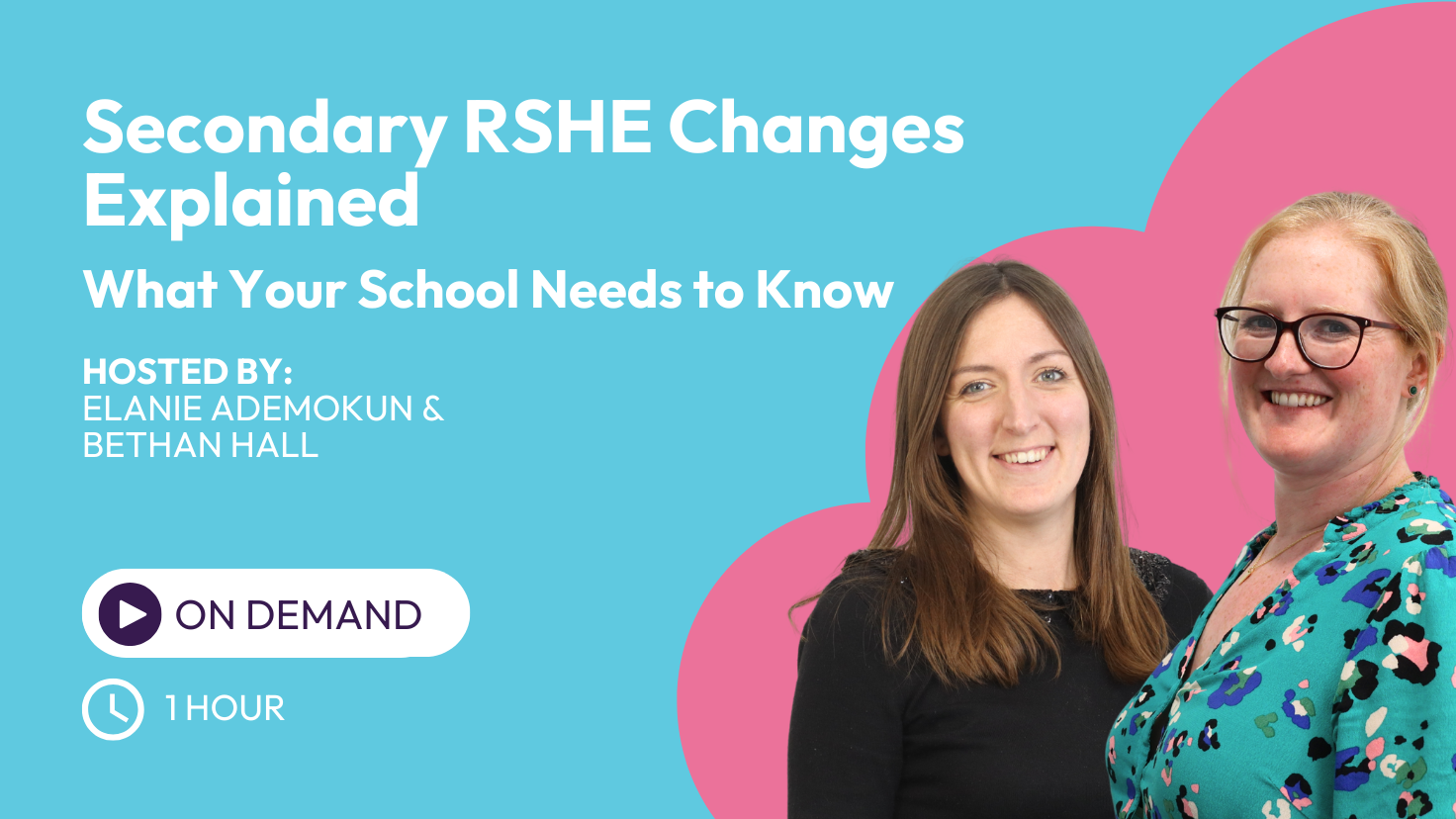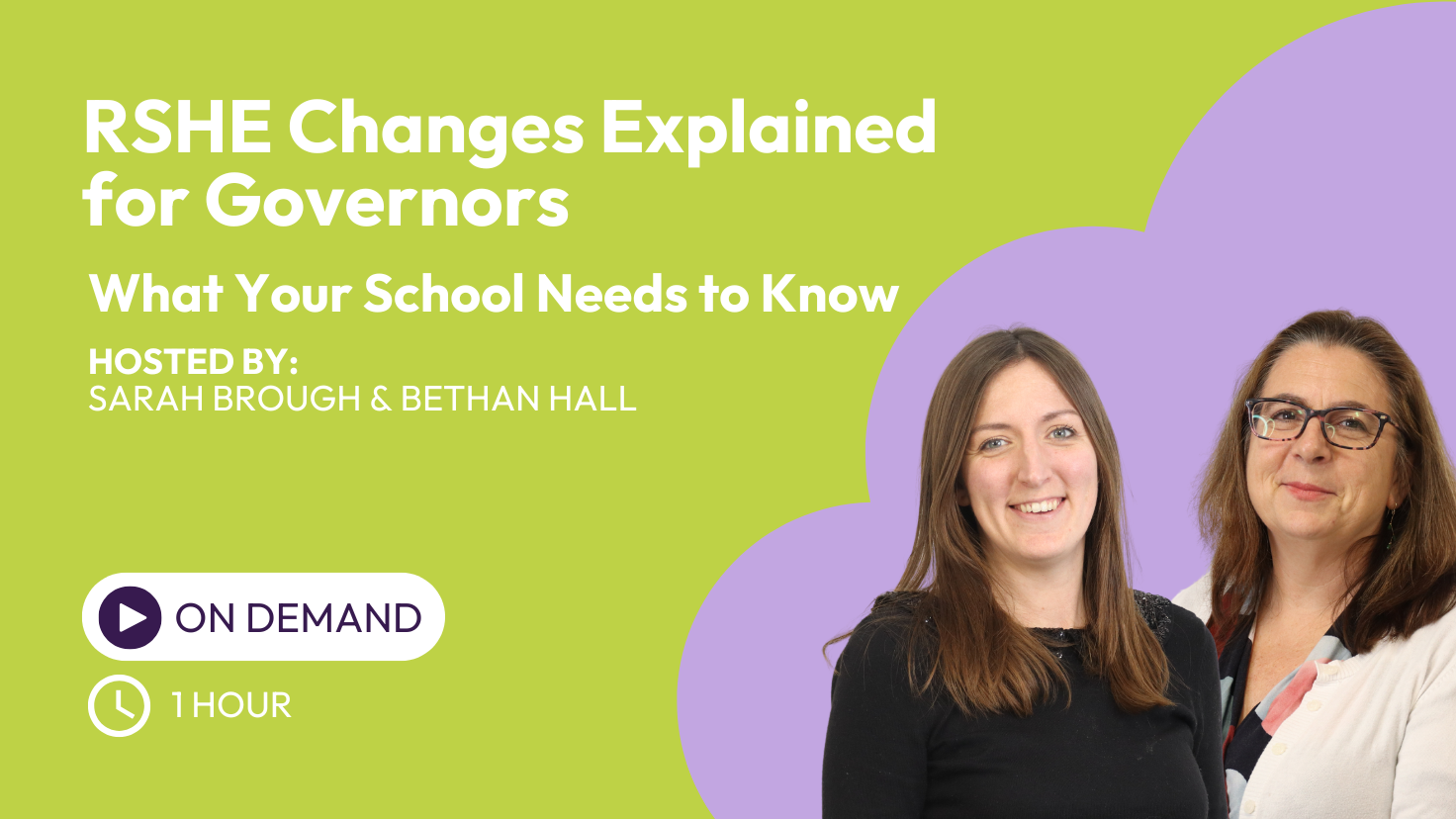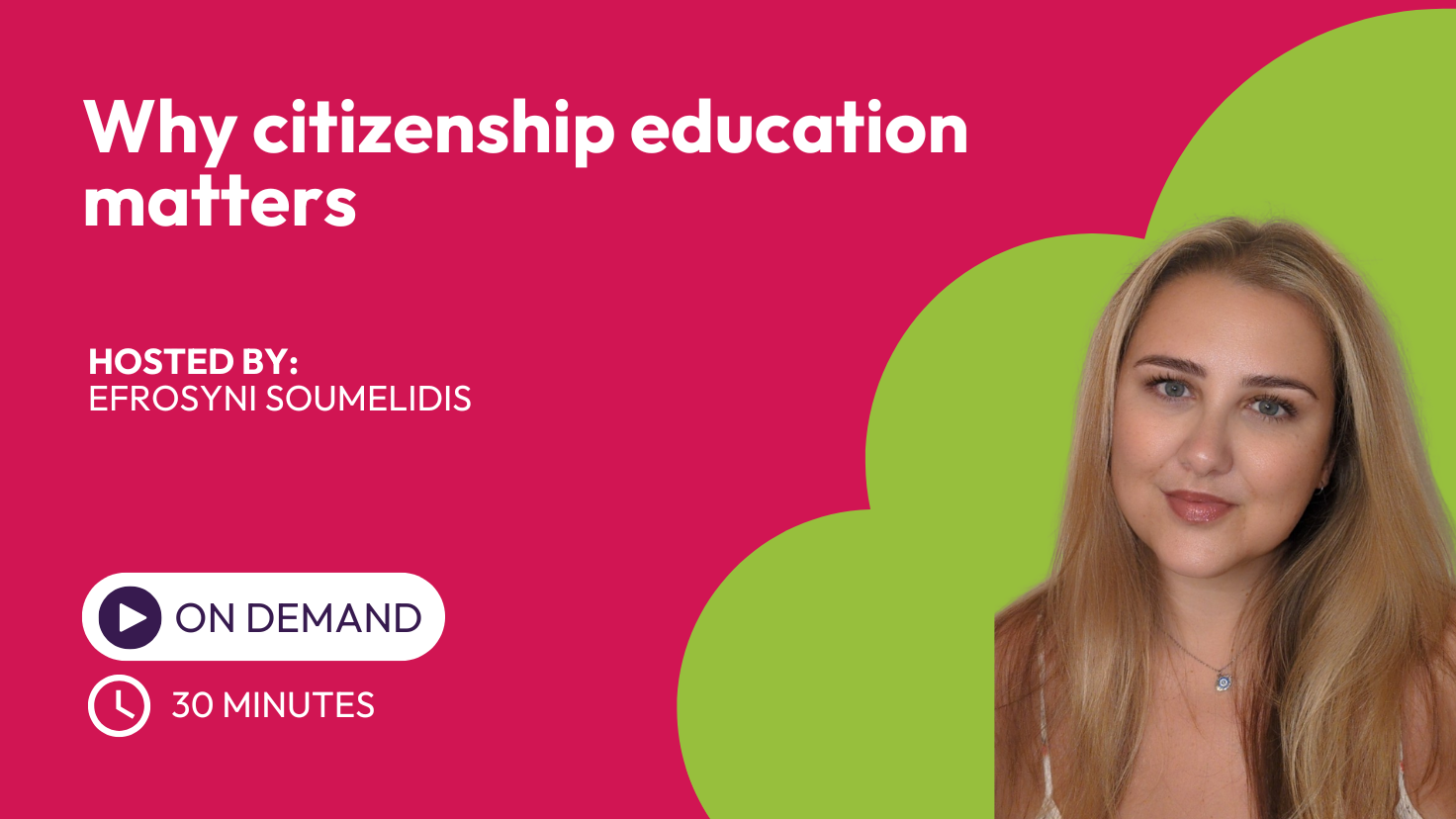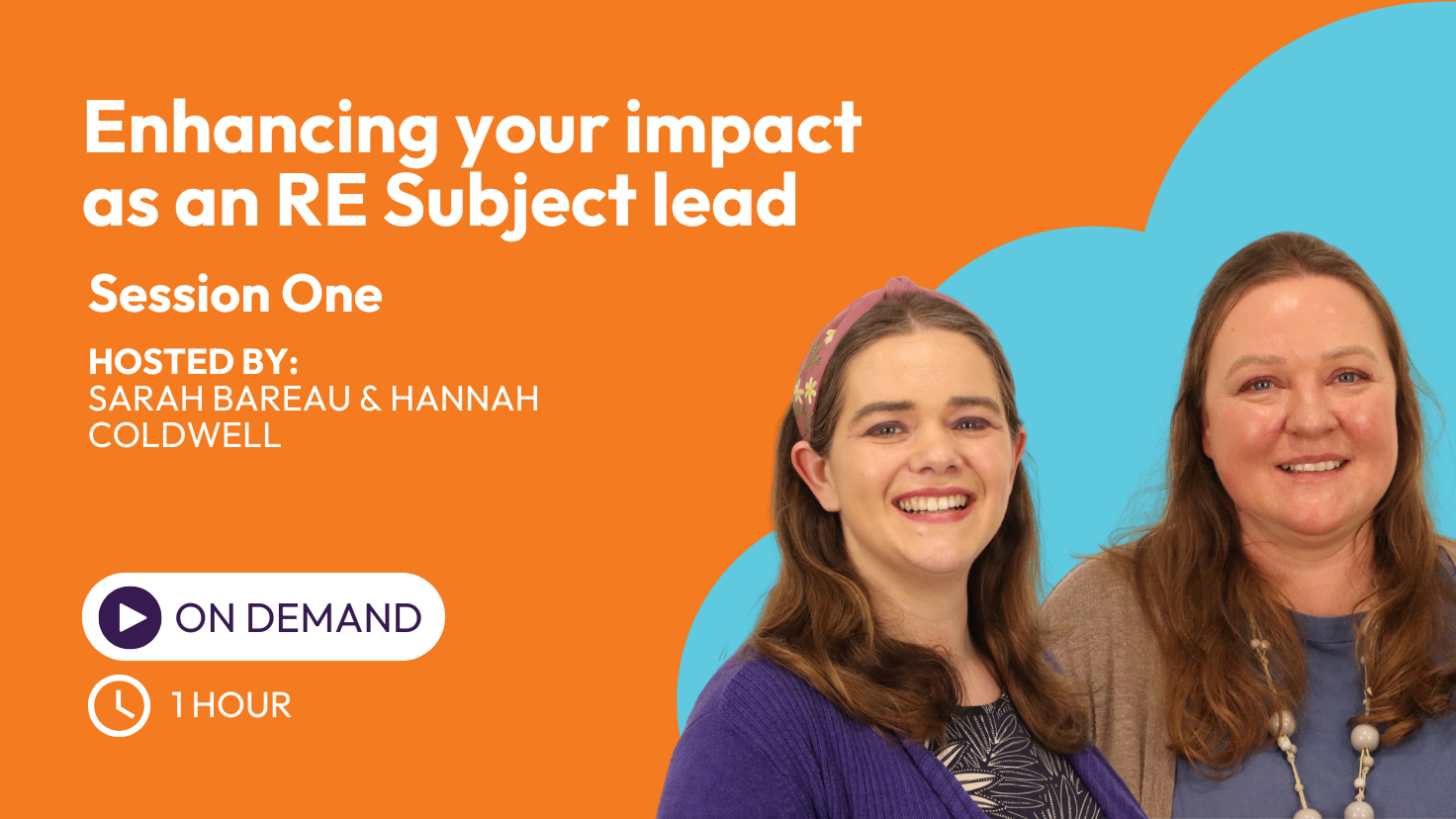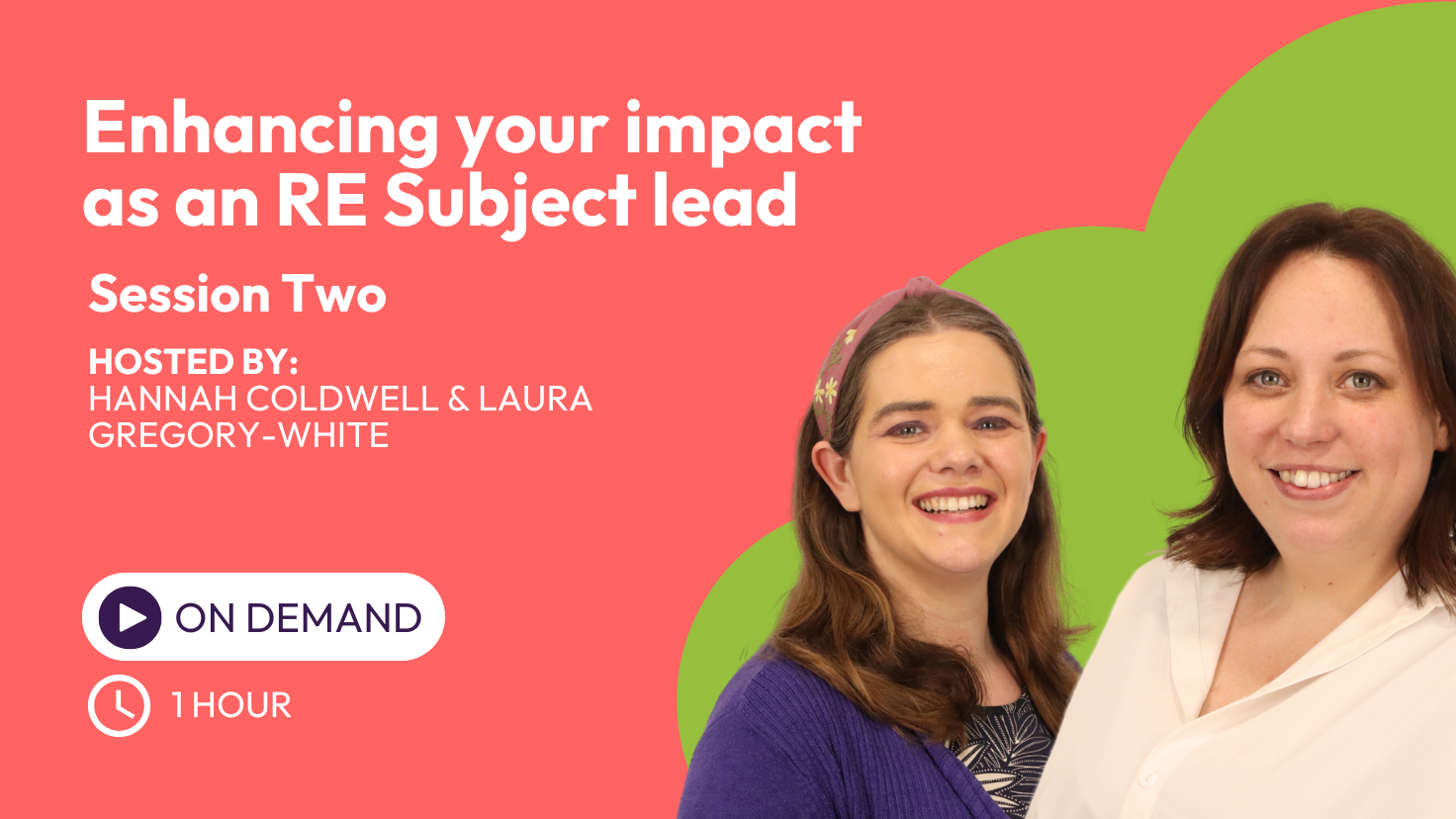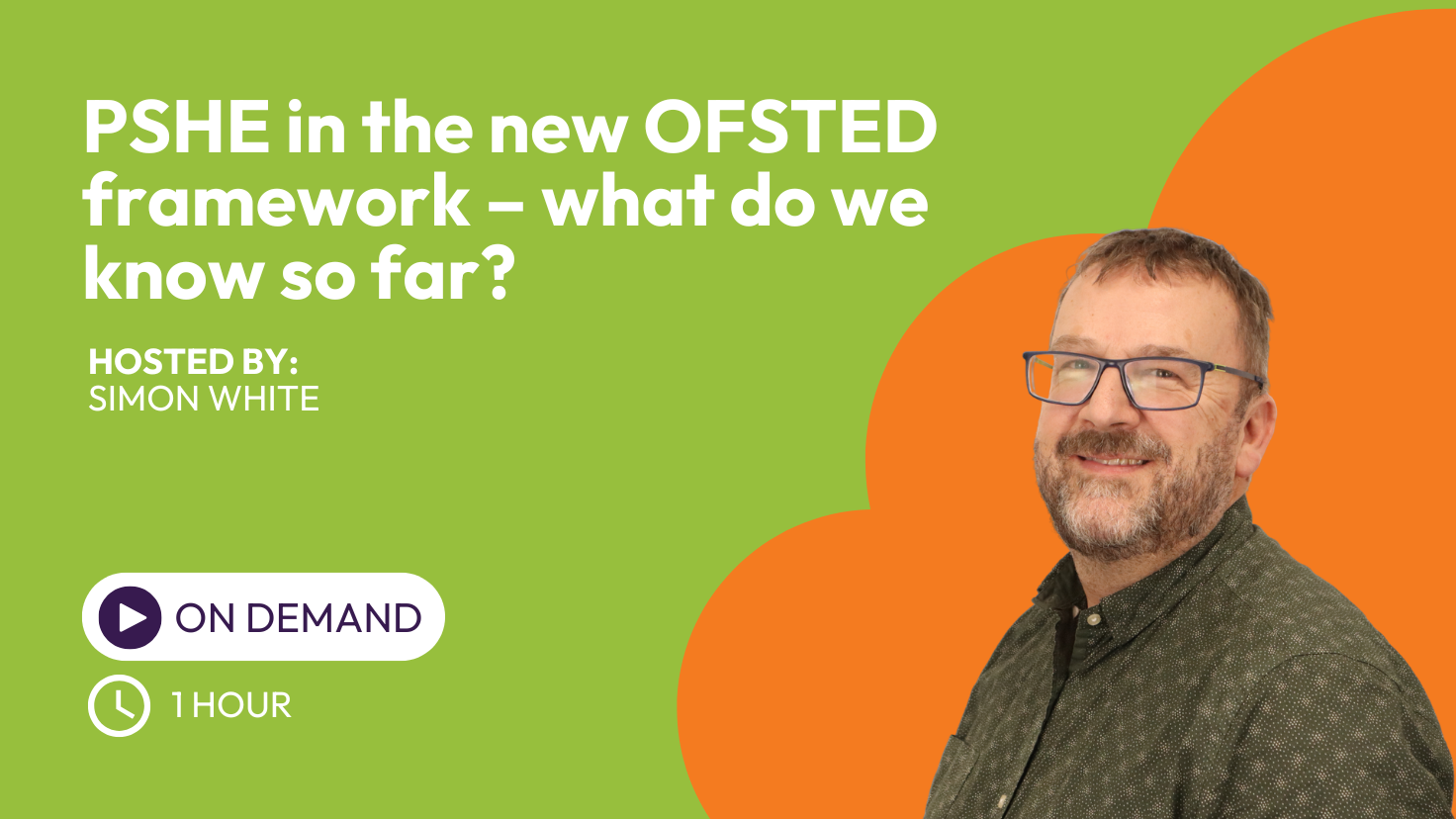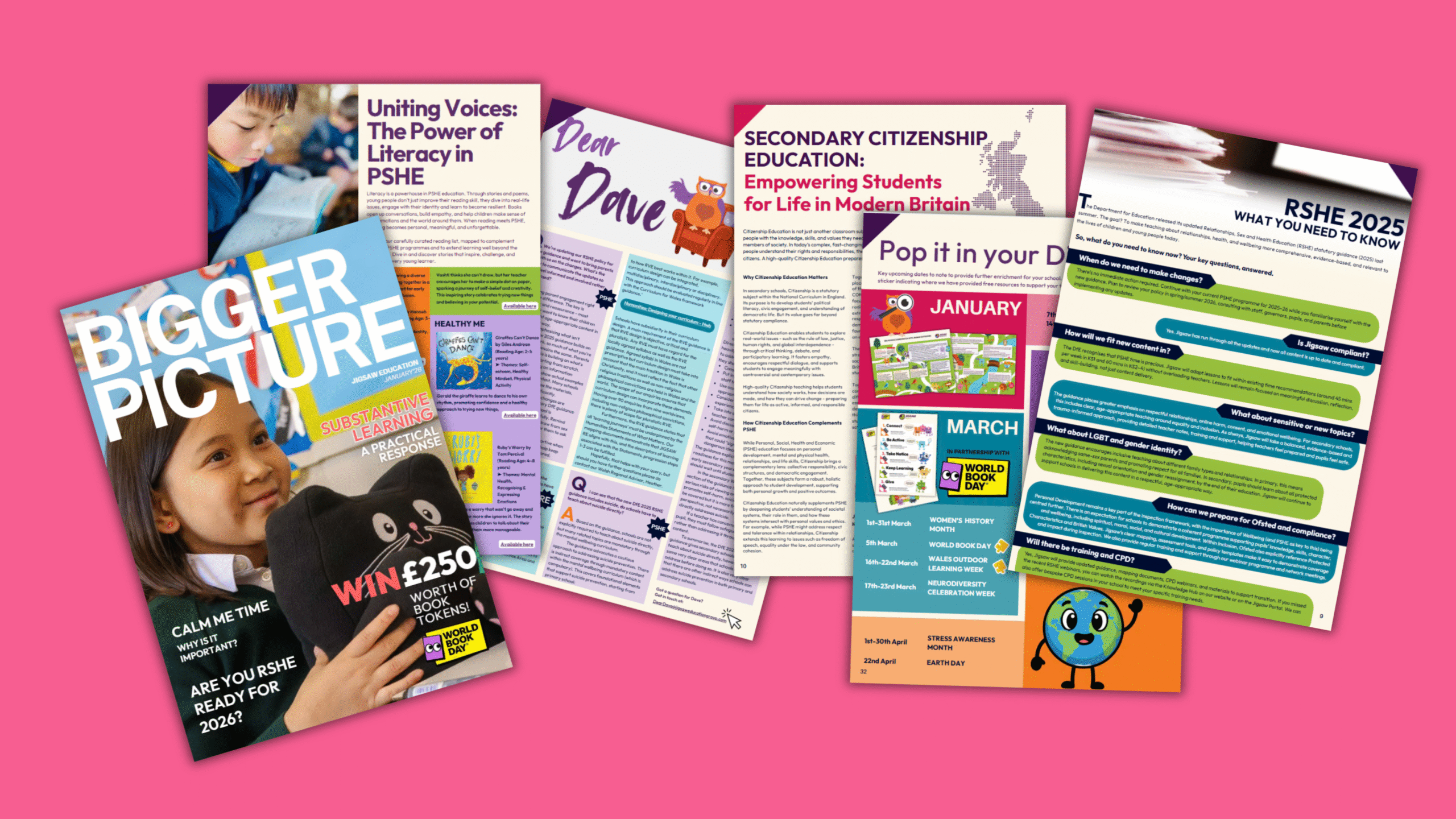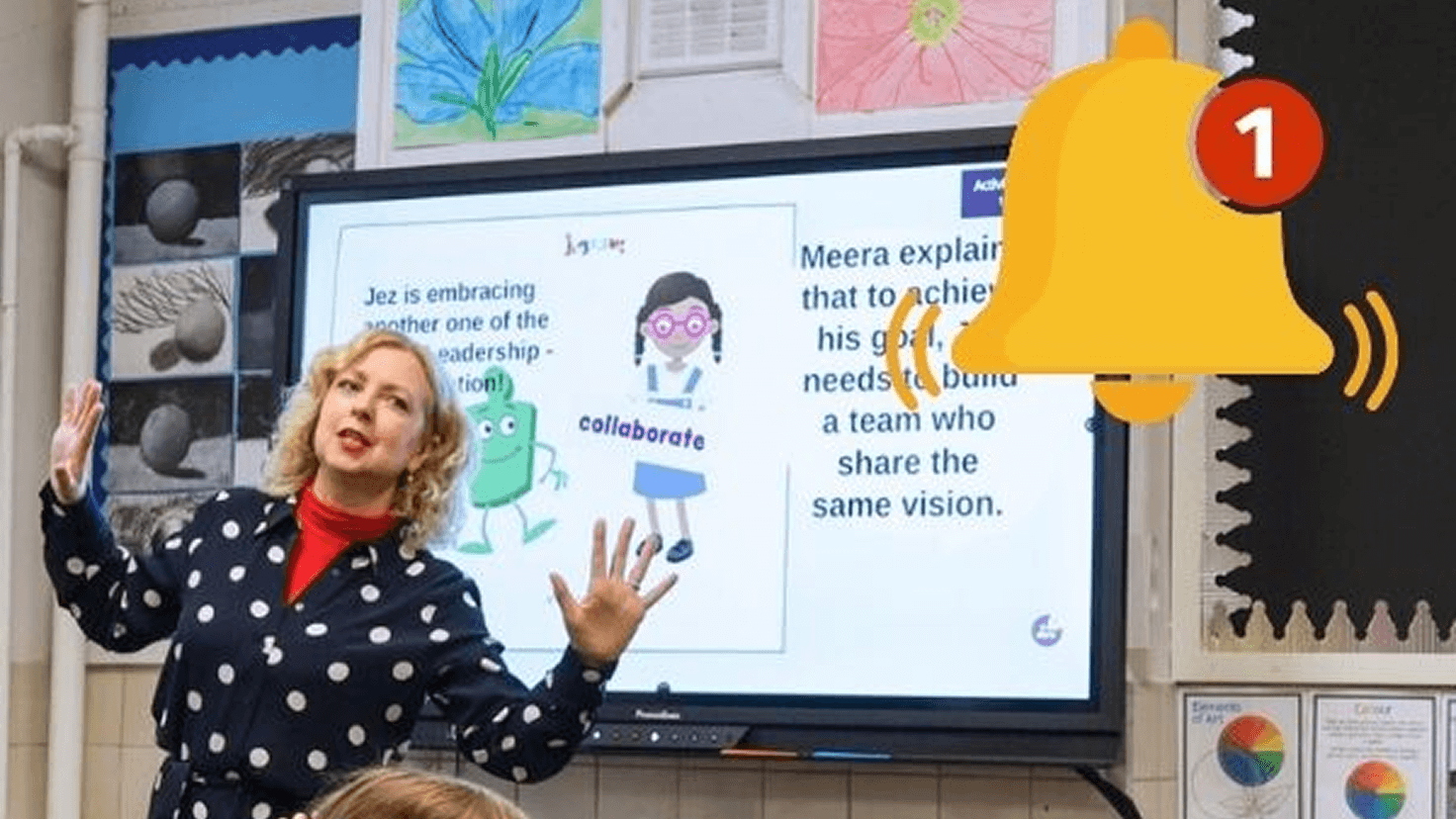Articles & Updates
06 October 2025
Navigating the new RSHE statutory guidance: ensuring meaningful implementation

With the release of updated statutory guidance for Relationships Education, Relationships and Sex Education, and Health Education (RSHE) in July 2025, school leaders are rightly taking time to understand the new requirements, audit existing provision, and implement curriculum changes.
With compliance necessary by September 2026, this is another pressure that you face in already compressed time and with limited capacity. Whether you choose to manage this process internally, utilise free resources, or partner with an external provider, it’s essential to recognise that not all approaches will deliver the same outcomes.
When reviewing the statutory guidance, it’s natural to focus immediately on what’s new and must be included – and there are indeed significant additional expectations while nothing has been removed from previous requirements. However, it’s equally important to understand how to deliver truly effective RSHE that transforms young people’s lives rather than simply meeting compliance obligations. Fundamentally, the new guidance represents an opportunity to create long-term cultural impact.
The statutory guidance establishes several fundamental principles that underpin effective RSHE delivery.
Meaningful pupil engagement and dialogue
The guidance emphasises that effective RSHE must provide substantial opportunities for discussion, reflection, and peer interaction. This participatory approach is essential for developing the relationship skills and emotional literacy that form the heart of the statutory requirements. Education Endowment Foundation research demonstrates that well-delivered social and emotional learning programmes can accelerate pupil progress by four months. Although videos and teaching from the front have their place, an over-reliance on passive delivery methods significantly reduces this impact and fails to develop the interpersonal competencies that the guidance prioritises.
Transparent parental partnership
The updated statutory requirements strengthen expectations around parental engagement, mandating meaningful consultation and ongoing communication about curriculum content. Schools must now provide parents with access to resources and support them in discussing sensitive topics at home. This represents a considerable additional workload, so consider carefully whether your implementation strategy includes comprehensive parent engagement resources and ongoing communication tools. Ofsted will also evaluate the effectiveness of these partnerships when assessing personal development.
Positive, preventative approaches
The statutory guidance explicitly requires curricula that remain strengths-based and preventative throughout, which aligns with the best practice principles outlined in CEOP’s 2016 report. Language around RSHE topics can inadvertently become alarmist or deficit-focused, creating shame or making harmful assumptions about pupils’ experiences. The guidance requires schools to ensure that all content maintains a positive, empowering tone that builds on pupils’ existing strengths. For example, not just teaching them the knowledge around specific topics but providing them with key life skills that they can apply to different situations and challenges that they might face. This takes skill and expertise that teachers need to be supported with through detailed lesson plans and training.
Careful curriculum sequencing and progression
The statutory requirements emphasise the importance of age-appropriate, carefully sequenced learning that builds knowledge and skills progressively across all key stages. Relying on modularised or bolt-on lessons to cover specific topics or ‘tick the box’ would make achieving this very difficult. Content must also be regularly updated to reflect emerging research evidence and the evolving needs of children and young people. This creates significant pressure for school staff to maintain current, relevant provision while meeting all statutory obligations so it’s worth considering how an external provider can support you with this.
Skilled, confident delivery
The guidance acknowledges that RSHE requires sophisticated pedagogical skills to create safe, supportive learning environments where sensitive topics can be explored effectively. Teachers must be prepared for potential disclosures and equipped to facilitate discussions that contribute to positive school culture. The PSHE Association’s evidence base demonstrates that when teachers receive appropriate training and support, RSHE delivery significantly improves, leading to better outcomes for pupils. Ofsted’s framework recognises this complexity and evaluates the quality of staff development in these crucial areas. This is something we value highly at Jigsaw – our comprehensive training and support offer is a fundamental part of our provision.
Whole-school integration
Rather than treating RSHE as an isolated curriculum area, the statutory guidance requires schools to embed these themes throughout school culture and policy. Effective implementation should strengthen and complement behaviour and safeguarding approaches, creating coherent support for character development and emotional wellbeing. This can be supported through assemblies, celebrations, songs, games, outdoor learning and more – we have seen the powerful impact of this approach time and again at Jigsaw.
Protected curriculum time
Perhaps most critically, the statutory requirements cannot be delivered effectively through compressed timetable arrangements or occasional enrichment days. The guidance implicitly recognises that meaningful personal development requires dedicated, regular curriculum time to develop both knowledge and practical life skills.
Fundamentally, a truly effective RSHE curriculum keeps children safe with reports from Ofsted (2021) and the DfE (2024) highlighting how carefully sequenced RSHE, as part of a wider programme of PSHE, can build healthier relationships and prevent sexual harassment and abuse.
The statutory nature of these requirements means that all schools must demonstrate compliance, but the real measure of success lies in the impact on young people’s lives. Superficial implementation that focuses only on content coverage will fail to deliver the transformative outcomes that the guidance envisions. Schools that embrace the underlying principles and invest in high-quality, evidence-informed provision will create meaningful change for their pupils while confidently meeting their statutory obligations.
As you implement the new RSHE requirements, ensure that these research-informed principles guide every decision. The statutory framework provides the foundation, but we know that effective implementation requires commitment to the pedagogical approaches that research shows make the difference. Only then will schools see the long-term benefits to their pupils’ resilience, wellbeing and achievement. Your pupils will experience the benefits of this principled approach throughout their educational journey and beyond.
Written by Elanie Ademokun
Programmes Director, Jigsaw Education Group


